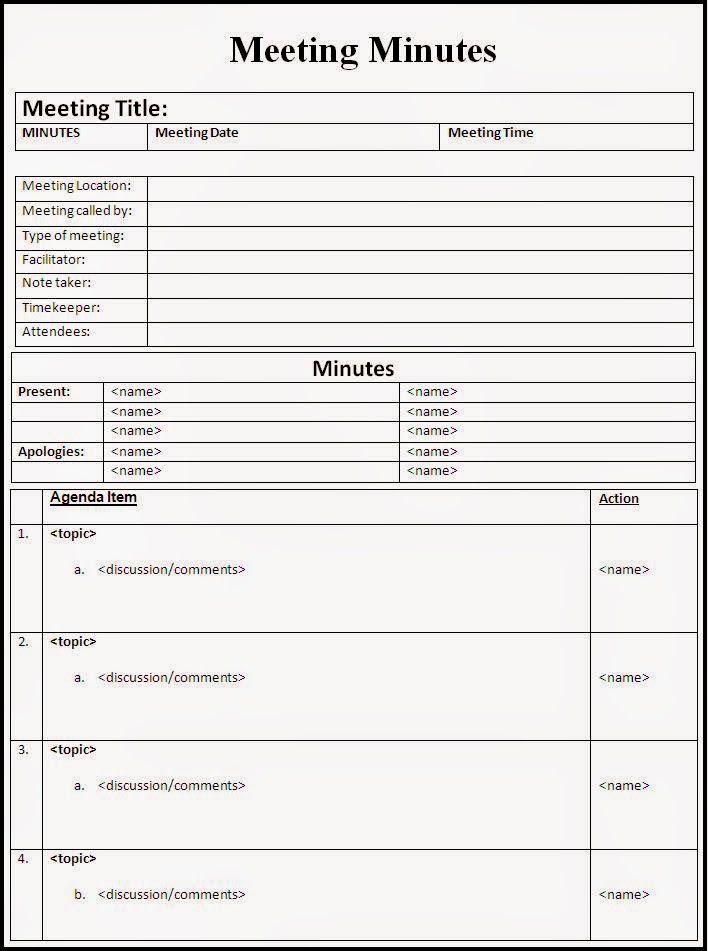Professionalism: Team, Meeting, and Etiquette Skills
In
this Professionalism chapter, I learn the importance of working in a team,
having meetings, and how to develop etiquette skills. There are several
important reasons why we need teamwork, which are getting better decision,
having faster response, and achieving greater “buy-in”. In business world, you must
be able to deal with meeting and etiquette skills which determine how professional
you are.
In
order to obtain high professionalism, one needs to understand how to make a
harmonious team formation. Therefore, there are four phases of team development
should be applied to make a unity of your team: Forming (a stage in which the members wonder about how they will
fit in a team, how they feel about their place in the team, and how they define
the team, rather than how they accomplish their task ), Storming (a stage in which the members respond to the differences,
and find a solution to handle a conflict), Norming
(a stage in which the team achieve harmony), and Performing (a stage in which
the members feel satisfied with the team’s progress, solve problems in the
team, and make significant progress to achieve the goal).
It
is common to have a conflict in teamwork. However, it can be resolved by these
six steps: listening, understanding others’ point of view, showing concern for
the relationship, looking for common group, inventing new problem-solving
options, and having an agreement.
As
you want to reach group decisions, you can use several methods which are authority,
majority, consensus, minority, and averaging. Below is the three methods which
are commonly used to reach group decisions.
What are the ethical
responsibilities of group members and leaders? The practices include
determining to do your best, making a commitment to fair play, giving and receiving
a fair hearing, being ready to model appropriate team behavior.
Professionalism
requires us to plan and participate in productive meetings. Performing specific
things are necessary before meeting, during meeting, and ending the meeting and
following up. To make your meetings more effective, what you should do before
is considering alternatives, inviting the right people, distributing an agenda,
using a calendaring program, and training participants on technology. During
the meeting, you need to start on time and introduce the agenda, appoint a
secretary and recorder, encourage participation, confront the conflict, and
summarize along the way. In the end of the meeting, you can review meeting
decisions, distribute minutes of meeting, and remind people of what they need
to do. Here is an example of minutes of meeting.
In
business or work environment, you need to gain an etiquette edge, such as using
polite words, expressing sincere appreciation and praise, being selective in
sharing personal information, and respecting coworkers. These practices may
seem easy to follow. However, there will be a time when you are in a quandary.
For example, you disagree with one’s idea expressed in a meeting, but you do
not want to set aside the etiquette edge. Here is a video that tells you to
deal with such a thing.
Source: http://hrweb.mit.edu/learning-development/learning-topics/teams/articles/stages-development



Thanks for sharing such wonderful information about Team Meetings, Team Meetings in Toronto
BalasHapus